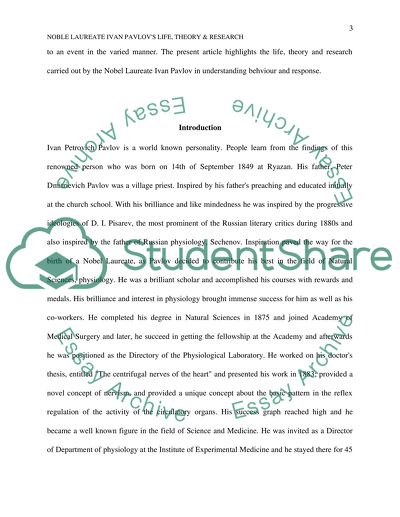Cite this document
(“Life, Theory, Research Conducted by Great Psychologist and Nobel Paper”, n.d.)
Life, Theory, Research Conducted by Great Psychologist and Nobel Paper. Retrieved from https://studentshare.org/psychology/1444018-choose-only-one-psychologist-either-bf-skinner-or
Life, Theory, Research Conducted by Great Psychologist and Nobel Paper. Retrieved from https://studentshare.org/psychology/1444018-choose-only-one-psychologist-either-bf-skinner-or
(Life, Theory, Research Conducted by Great Psychologist and Nobel Paper)
Life, Theory, Research Conducted by Great Psychologist and Nobel Paper. https://studentshare.org/psychology/1444018-choose-only-one-psychologist-either-bf-skinner-or.
Life, Theory, Research Conducted by Great Psychologist and Nobel Paper. https://studentshare.org/psychology/1444018-choose-only-one-psychologist-either-bf-skinner-or.
“Life, Theory, Research Conducted by Great Psychologist and Nobel Paper”, n.d. https://studentshare.org/psychology/1444018-choose-only-one-psychologist-either-bf-skinner-or.


